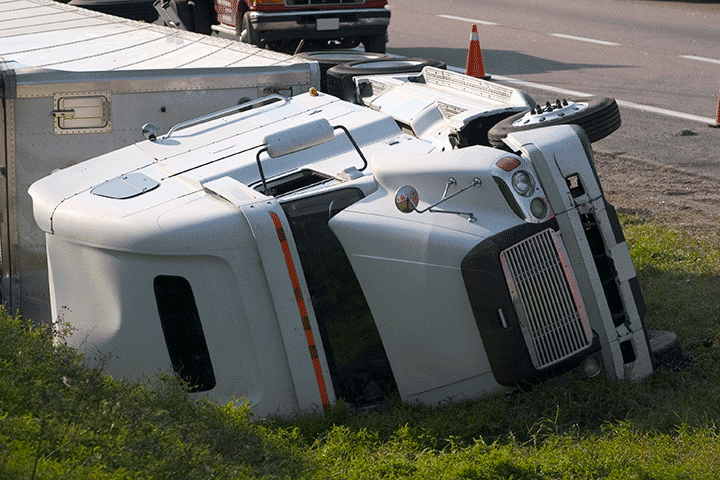What is the FMCSA's English Proficiency Requirement

To ensure safe and effective communication on the road, the Federal Motor Carrier Safety Administration announced that beginning on June 25, 2025, English Language Proficiency (ELP) violations will once again be included in the out-of-service criteria—ensuring consistent, nationwide enforcement and reaffirming the Department of Transportation’s unwavering commitment to roadway safety.
According to 49 CFR Part 391.11(b)(2), drivers must be able to “read and speak the English language sufficiently to converse with the general public, to understand highway traffic signs and signals in the English language, to respond to official inquiries, and to make entries on reports and records.” This regulation is a key component of the FMCSA’s broader safety framework.
Communication is essential for daily interactions and during emergencies, inspections, and roadside encounters with law enforcement or safety officials. A driver’s inability to understand signage or communicate effectively can increase risk on the road—for themselves and others.
FMCSA recommends conducting a driver interview and highway traffic sign assessment to determine each driver’s English proficiency. Motor carriers may conduct this assessment using various methods, but FMCSA recommends that the motor carrier’s assessor conduct the interview and traffic sign assessment in English with the driver responding in English without the use of an interpreter or other translation device.
For more information about the types of questions to ask in both the driver interview and traffic sign assessment, refer to the FMCSA’s guidance, found here. Furthermore, consider consulting legal counsel before implementing changes to your driver qualification processes.
Note: These lists are not intended to be all-inclusive.
The information in this article is provided as a courtesy of Great West Casualty Company. To see what additional resources Great West Casualty Company can provide for its insureds, please contact your risk control representative, or click below to request a quote.




